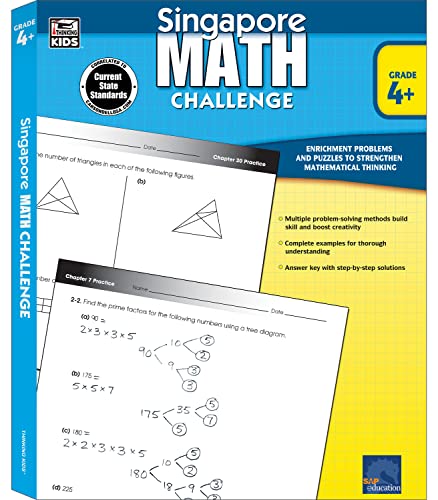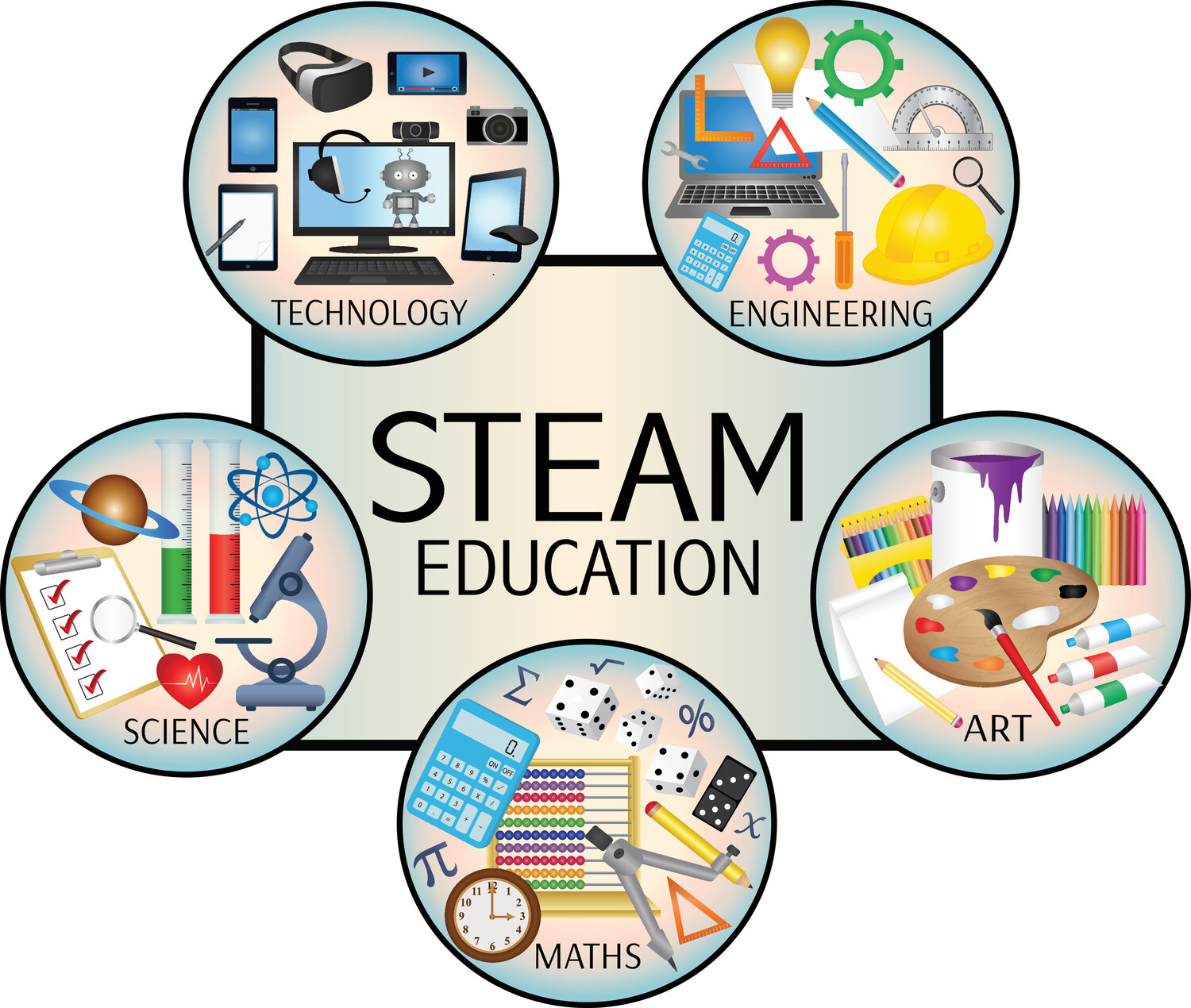Triumphs in Home Schooling: Inspiring Success Stories

Unveiling Excellence: Home Schooling Success Stories
Embarking on the journey of home schooling often comes with a mix of excitement and uncertainty. However, success stories in home schooling serve as a beacon of inspiration, showcasing the remarkable achievements of students who have thrived in non-traditional educational settings. This article explores a collection of home schooling success stories, shedding light on the diverse paths to triumph.
Individualized Learning Leads to Academic Brilliance
One common thread among home schooling success stories is the emphasis on individualized learning. Tailoring education to suit a student’s unique needs allows for a more personalized and focused approach. Success stories often highlight students who, freed from the constraints of a one-size-fits-all curriculum, have excelled academically, showcasing that individualized learning is a key catalyst for success.
Nurturing Passion and Talents
Home schooling success stories frequently feature individuals who discovered and nurtured their passions and talents in a supportive learning environment. Whether it’s excelling in the arts, sports, or STEM fields, home schooling allows students the time and flexibility to explore their interests deeply. Success stories highlight the power of passion-driven learning in unlocking a student’s full potential.
Flexible Schedules Foster Holistic Development
The flexibility inherent in home schooling often plays a pivotal role in success stories. Students who thrive in a non-traditional setting benefit from flexible schedules that accommodate their unique learning rhythms. This flexibility extends beyond academics, allowing time for extracurricular pursuits, hobbies, and real-world experiences. Home schooling success stories often illustrate how this holistic approach contributes to well-rounded individuals.
Building Resilience Through Adversity
Success stories in home schooling frequently feature students who have overcome challenges and developed resilience. Whether facing learning difficulties, health issues, or societal pressures, these students demonstrate that home schooling provides a supportive environment where resilience is fostered. Home schooling success stories are a testament to the idea that challenges can be transformative opportunities for growth.
Family Bonds Strengthened Through Learning Together
Many home schooling success stories highlight the strong family bonds that form through the shared experience of learning together. In a home schooling setting, parents actively engage in their child’s education, creating a collaborative and supportive learning environment. Success stories often underscore the positive impact of family involvement on academic achievement and personal development.
Customized Approaches Addressing Diverse Needs
Diverse learning needs are addressed effectively through customized approaches in home schooling success stories. Whether a student requires additional support or advanced challenges, home schooling allows for tailor-made solutions. Success stories showcase the power of personalized approaches in meeting the unique needs of each learner, ensuring that no student is left behind.
Transitioning to Higher Education Seamlessly
Home schooling success stories often culminate in seamless transitions to higher education. Students who have excelled in a home schooling environment find themselves well-prepared for college or other post-secondary pursuits. Success stories highlight how the skills developed through individualized learning, passion-driven education, and resilience translate into success at the next academic level.
Fostering a Lifelong Love for Learning
One of the most remarkable aspects of

/https://static.texastribune.org/media/files/10bca4d5e8d1e9cbd67c8080f279afae/1014%20Hmschool%20League%20City%20AM%2001.jpg)
:max_bytes(150000):strip_icc()/GettyImages-1288683983-9dfb322585ba4607a3d397b8d2f97ca5.jpg)






